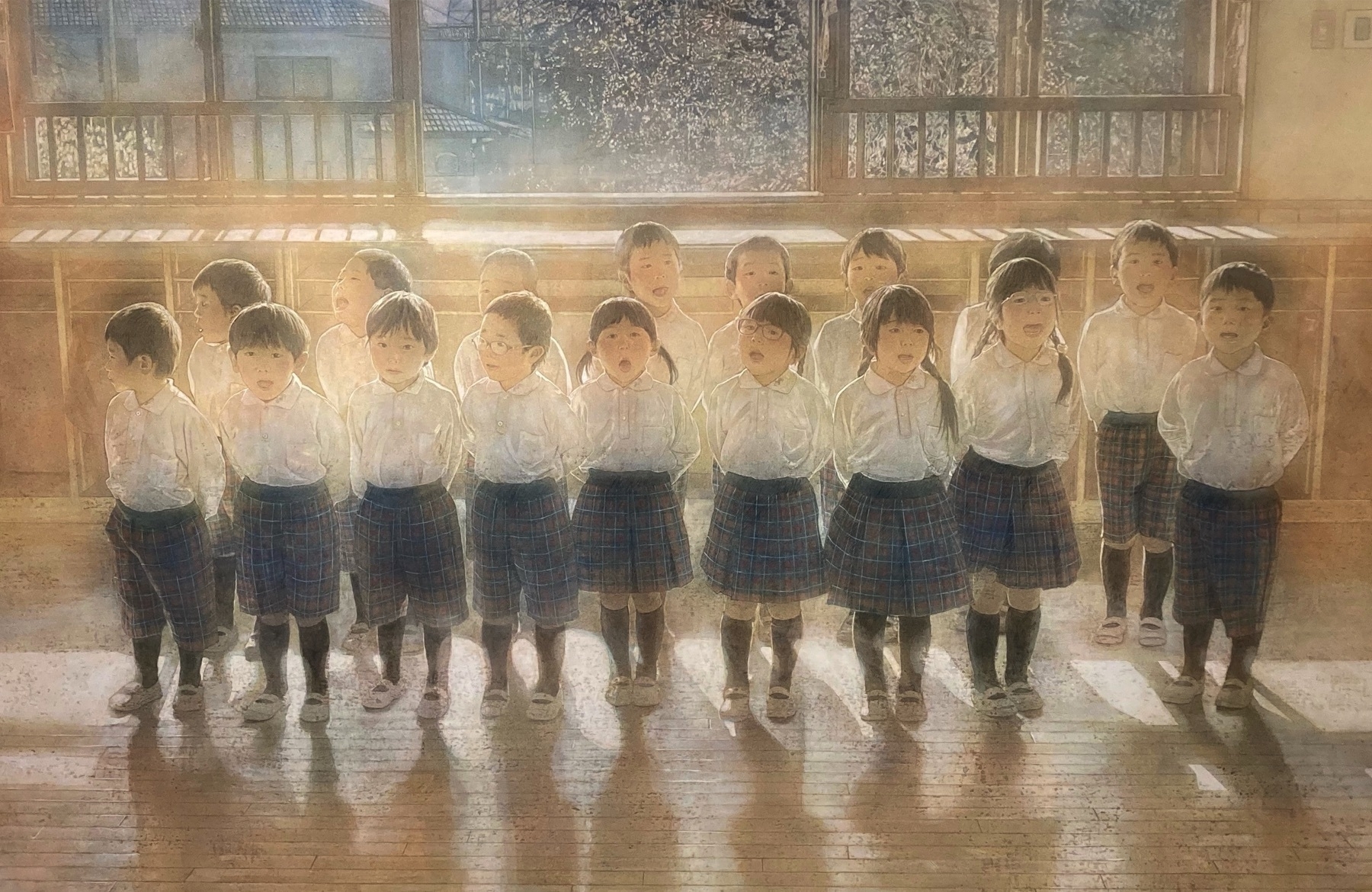
Notes & Quotes 💬
-
Jan Richardson’s beautiful offering for Women’s Christmas is here and includes art, poetry and other riches. She writes an invitation to be ‘mindful of those who traveled to welcome the Christ child and who returned home by another way’. What questions surface when we attend to our own journeys?
-
Via wise LM Sacasas, intriguing work on the subversive possibilities of silence, offered by Max Picard. Silence, an all too ‘useless’ phenomemon, ‘does not fit into the world of profit and utility … it simply is. It seems to have no other purpose; it cannot be exploited.” Too, Picard asserts:
there is more help and healing in silence than in all the ‘useful things’. Purposeless, unexplainable silence suddenly appears at the side of the all-too-powerful, and frightens us by its very purposelessness. It interferes with the regular flow of the purposeful. It strengthens the untouchable, it lessens the damage inflicted by exploitation. It makes things whole again, by taking them back from the world of dissipation into the world of wholeness.
Podcasts 🫛
-
The Gray Area Sean Illing interviews Sophie Scott-Brown …. On Taking Anarchy Seriously 🔗 The Struggle for Meaningful Work, by Elizabeth Anderson
-
The Sacred Elizabeth Oldfield interviews Dougald Hine.
Poetry 💘
-
‘What can you make, can you do, to change …?' asks Jane Hirschfield in Counting, This New Year’s Morning, What Powers Yet Remain To Me A reminder, despite the unsettling start to the year here: ‘don’t despair of this falling world, not yet’.
-
John O’Donoghue, via The Marginalian, is gorgeous on endings and beginnings, ‘portals of possibility’. See, in this post, the poem ‘For a New Beginning’.
-
On Time “Nothing unfinished is completed”, by Vinod Kumar Shukla. Poems from a very amusingly named anthology, The Treasurer of Piggy Banks
🕰️
🔗 Sarah Perry’s beautifully written ‘January’’s opening 3 paragraphs on time in [The Essex Serpent](https://books.google.com/books/about/ The_Essex_Serpent.html?id=dGN3CwAAQBAJ)
… We fray into the future, rarely wrought
Save in the tapestries of afterthought.
- Daybreak, Winter by Betsy Sholl.
Questions & Open Tabs 🔖
- Hannah Arendt asks: “How can we think together?” I, too, am curious.
🔗 Isabelle Stengers, Making Sense in Common (A reading of Whitehead in Times of Collapse) (2023) offers an approach in this book (TBR pile 📚)
(via Wikipedia)
Whitehead’s process philosophy argues that “there is urgency in coming to see the world as a web of interrelated processes of which we are integral parts, so that all of our choices and actions have consequences for the world around us.” For this reason, one of the most promising applications of Whitehead’s thought in recent years has been in the area of ecological civilization and environmental ethics pioneered by John B. Cobb.
-
Do James Bridle’s writings offer a viable response to Pope Francis’ critique of the technocratic paradigm?
-
What invisible lines connect our place with Ishikawa hundreds of miles away and on an opposite coast? And: how is it that people in the same house either felt the quake, or did not? What perceptual organs are activated in some and not in others?
Noticing Something New 🎁
Firsts of the Season
Furry magnolia buds are proliferating along the canal even while the maples leaves in various dull shades of red, orange and brown are still hanging around.
Word 🪺
[Syntropic](https://fore.yale.edu/blogs/entry/1704376896)
Though the term has some very specific scientific uses, it can also be seen in the broader sense of divergent pieces coming together in harmony and organization within a system, where the harmony comes from each element of the system being of service in some way to another element–a sort of systemic paying it forward that keeps all in balance. The Buckminster Fuller Institute frames it as when life “self-organize[s] in a way that supports diversity, complexity, and transformation.” Buckminster Fuller’s student and biographer, J. Baldwin, went so far as to say that “Our purpose and duty as humans is to be syntropic” (BuckyWorks, 228).